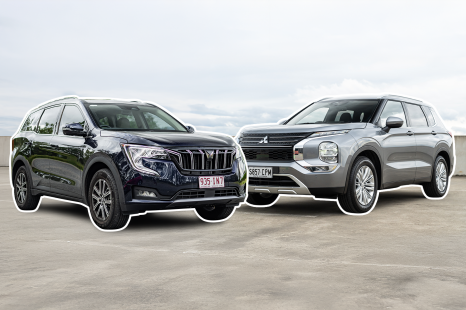

Andrew Maclean
4 Days Ago

News Editor
SsangYong is about to launch its first electric vehicle – and it’s being evaluated for Australia.
The mid-sized 2022 SsangYong Korando e-Motion crossover has a claimed 339km of electric range on the WLTP test cycle.
“A Korando e-Motion evaluation vehicle will arrive here early in 2022 for us to carry out assessment activities,” added a spokesperson for SsangYong Australia. “More details will follow this activity.”
The electric crossover uses a 61.5kWh battery and a front-mounted electric motor with 140kW of power.
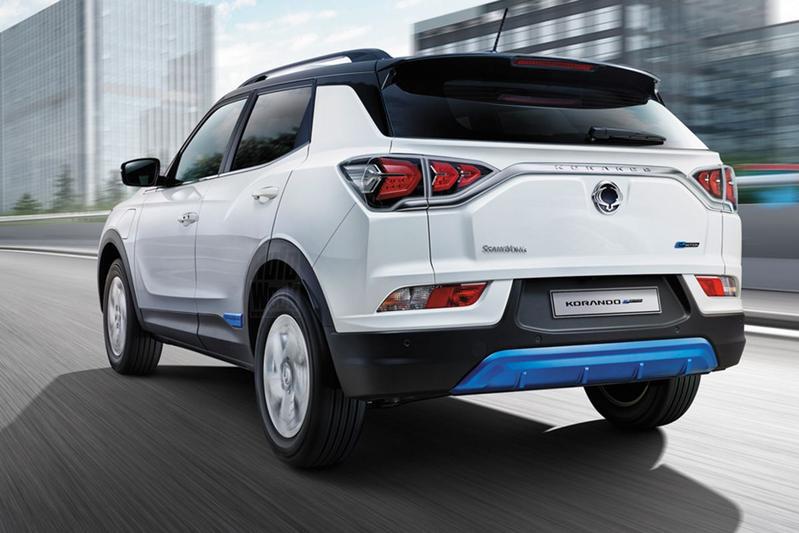
SsangYong says it can be charged from 20 to 80 per cent in around 33 minutes via its CCS port, though it hasn’t specified a maximum charging rate.
The company is launching it in Europe in early 2022 before the car even goes on sale in its home market of Korea.
Following the BMW school of visual differentiation for EVs, the Korando e-Motion has a closed-off grille and blue exterior accents to distinguish it from the petrol and diesel Korando.
It’s unclear how much of a premium the e-Motion would command over the regular Korando, which is priced from $29,990 to $39,990 drive-away in Australia.
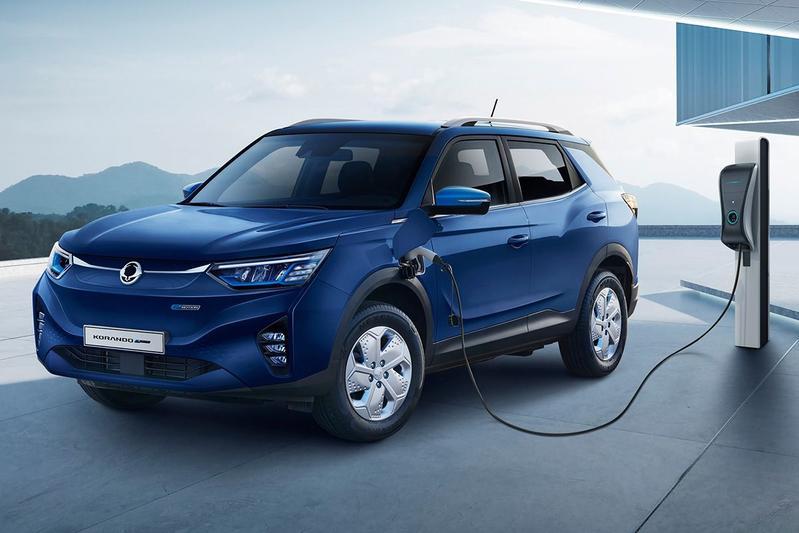
As an electric version of an existing mid-sized SUV, the Korando e-Motion wouldn’t have much in the way of direct competition – at least not yet.
The smaller MG ZS EV is currently Australia’s cheapest EV, and its line-up will expand in 2022 to include both a Standard Range with a 51kWh battery and 320km of range and a Long Range with a 72kWh battery and 440km of range.
Both of these range figures are on the WLTP cycle. The updated ZS EV will use a 130kW/280Nm front-mounted electric motor and will support three-phase 11kW home AC charging.
Other small electric SUVs include the Kia Niro EV, of which a new generation is set for launch in 2022 or 2023, plus the Hyundai Kona Electric.
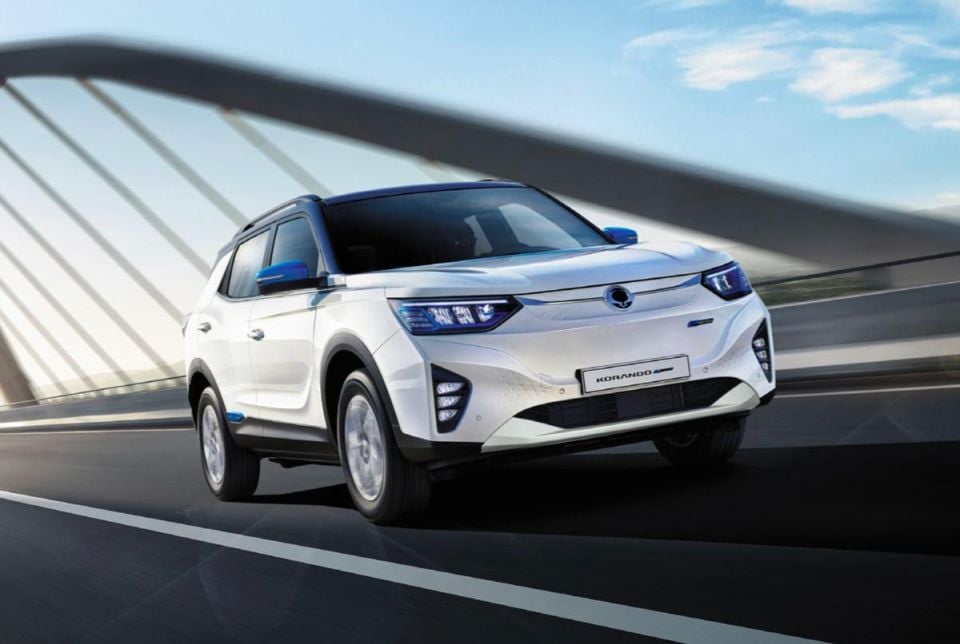
The latter is available in 100kW/395Nm Standard Range guise with a 39.2kWh battery and 305km of range (WLTP), as well as a 150kW/395Nm Extended Range with a 64kWh battery and 484km of range.
As for mid-sized electric SUVs, there’s the sold-out Hyundai Ioniq 5 and its upcoming Kia EV6 platform-mate, both of which share a dedicated all-electric architecture.
The Tesla Model Y is set to launch in 2022, the Volkswagen ID.4 and Skoda Enyaq still aren’t expected until 2023, while the Nissan Ariya has yet to be locked in.
As we reported recently, cash-strapped SsangYong has reportedly found a keen buyer. Reporting from Korea Bizwire says the Seoul Bankruptcy Court administrator has selected a consortium led by Korean electric bus-maker Edison Motors Co.
MORE: Australia’s Electric Car Launch Calendar MORE: Everything SsangYong Korando
Take advantage of Australia's BIGGEST new car website to find a great deal on a Ssangyong Korando.
William Stopford is an automotive journalist based in Brisbane, Australia. William is a Business/Journalism graduate from the Queensland University of Technology who loves to travel, briefly lived in the US, and has a particular interest in the American car industry.


Andrew Maclean
4 Days Ago
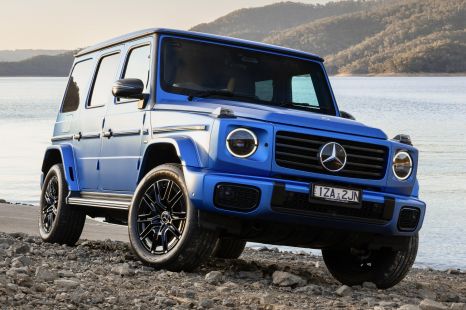

Max Davies
3 Days Ago
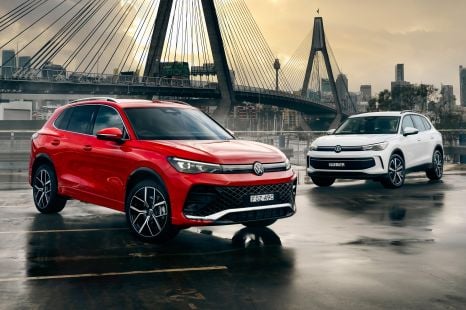

Max Davies
3 Days Ago
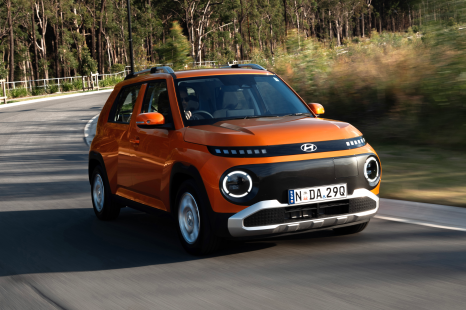

Josh Nevett
3 Days Ago
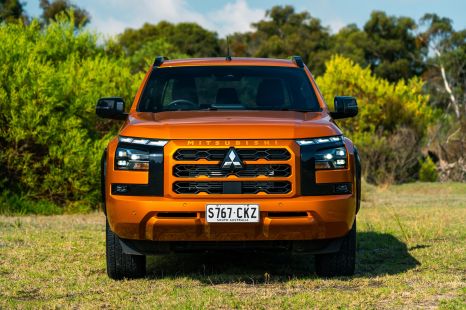

William Stopford
2 Days Ago
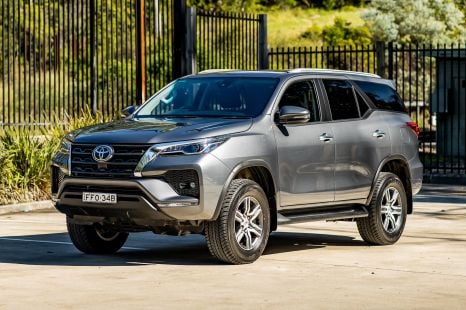

Matt Campbell
2 Days Ago